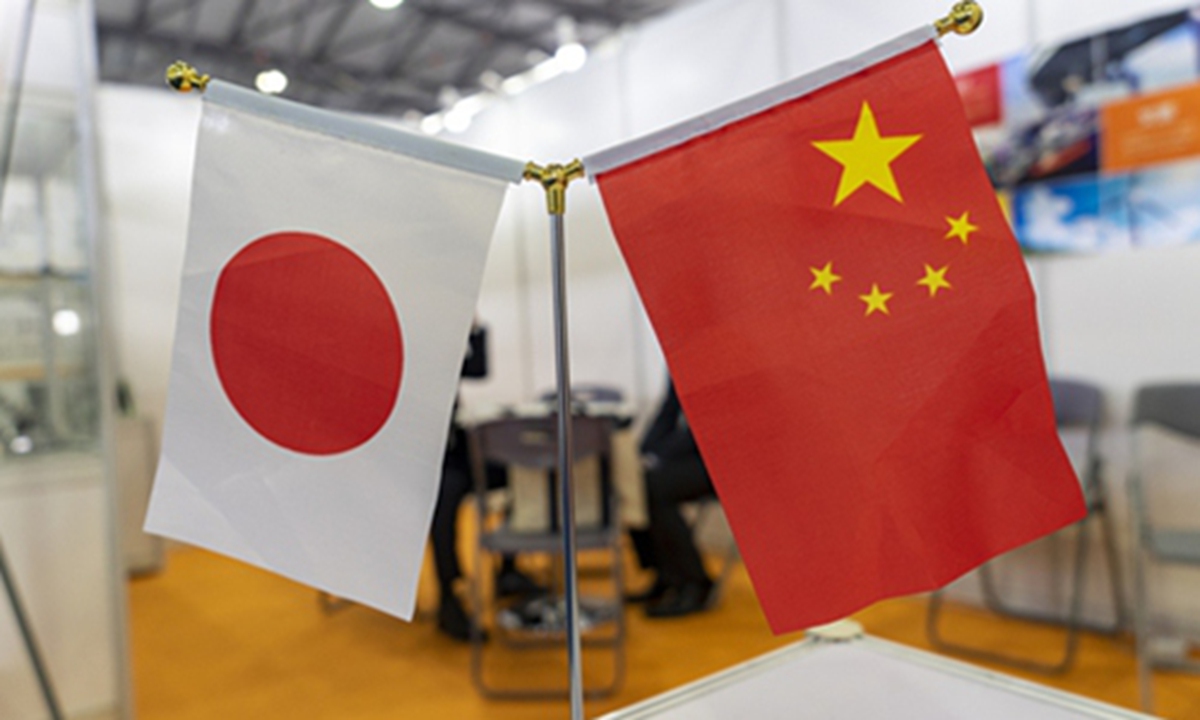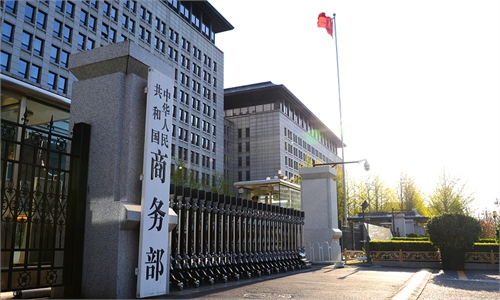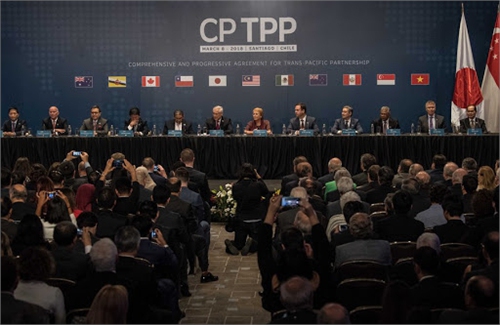
Photo: VCG
In the wake of the signing of the Regional Comprehensive Economic Partnership (RCEP), the Comprehensive and Progressive Agreement for Trans-Pacific Partnership (CPTPP) has inevitably attracted much attention, especially after China expressed an open and positive attitude toward joining CPTPP.China's top leader said at the online 27th APEC Economic Leaders' Meeting on Friday that China will "favorably consider" joining the CPTPP, the successor to the Trans-Pacific Partnership (TPP) that the US government withdrew from in 2017.
While neither China nor the US is a participating country in the CPTPP, the immense possibilities both countries could bring to the trade pact has triggered heated discussion in recent days.
For starters, the announcement of China's intent to join the CPTPP represents the country's sturdy commitment to promoting opening-up, multilateralism, and trade globalization.
Moreover, if the next US administration once again changes its policy on the CPTPP, there would be a new platform for economic dialogue between the US and China.
Since the CPTPP has higher standards governing many other aspects - such as services trade, high-tech and intellectual property rights - than the RCEP, it would also be of great interest to global society as to whether this multilateral trade framework could play a role in reconciling US-China friction involving trade disputes, investment barriers and so on.
However, it should be noted that Japan's attitude toward China's intent is also of great concern. When the US left the TPP, Japan, which accounts for nearly half of the GDP of the CPTPP, became the driving force in salvaging the deal. And, Japan will lead the decision-making mechanism in the CPTPP next year as the chair for 2021.
If China could join the CPTPP, it would mean more tangible trade benefits for the Japanese side. This is because economic exchanges between the two countries may be conducted under higher standards, conducive to the release of bilateral trade potential. The Japanese economy grew 21.4 percent on an annualized basis in the third quarter, its fastest pace since comparable data became available.
The rebound was mainly attributed to rising external demand, driven by the recovering Chinese economy and other Asian economies. It is conceivable that under higher standards of international trade, trade cooperation between the two major Asian economies will increase.
From a geopolitical point of view, Japan's role in international geopolitics would be further enhanced if both China and the US were interested in joining the CPTPP. Japan has maintained close economic ties with the US, while China and Japan enjoy long-standing industry chain cooperation. So if Japan could better balance its relationship with China and the US, it will play a more important role in the Asia-Pacific economic circle. This may also bring it more trade, investment and business opportunities, enabling its economy to better rebound from the impact of the pandemic.
The premise of all these designs is that Japan would not let geopolitical considerations get in the way of its pursuit of multilateral economic cooperation that will fundamentally benefit the country.



